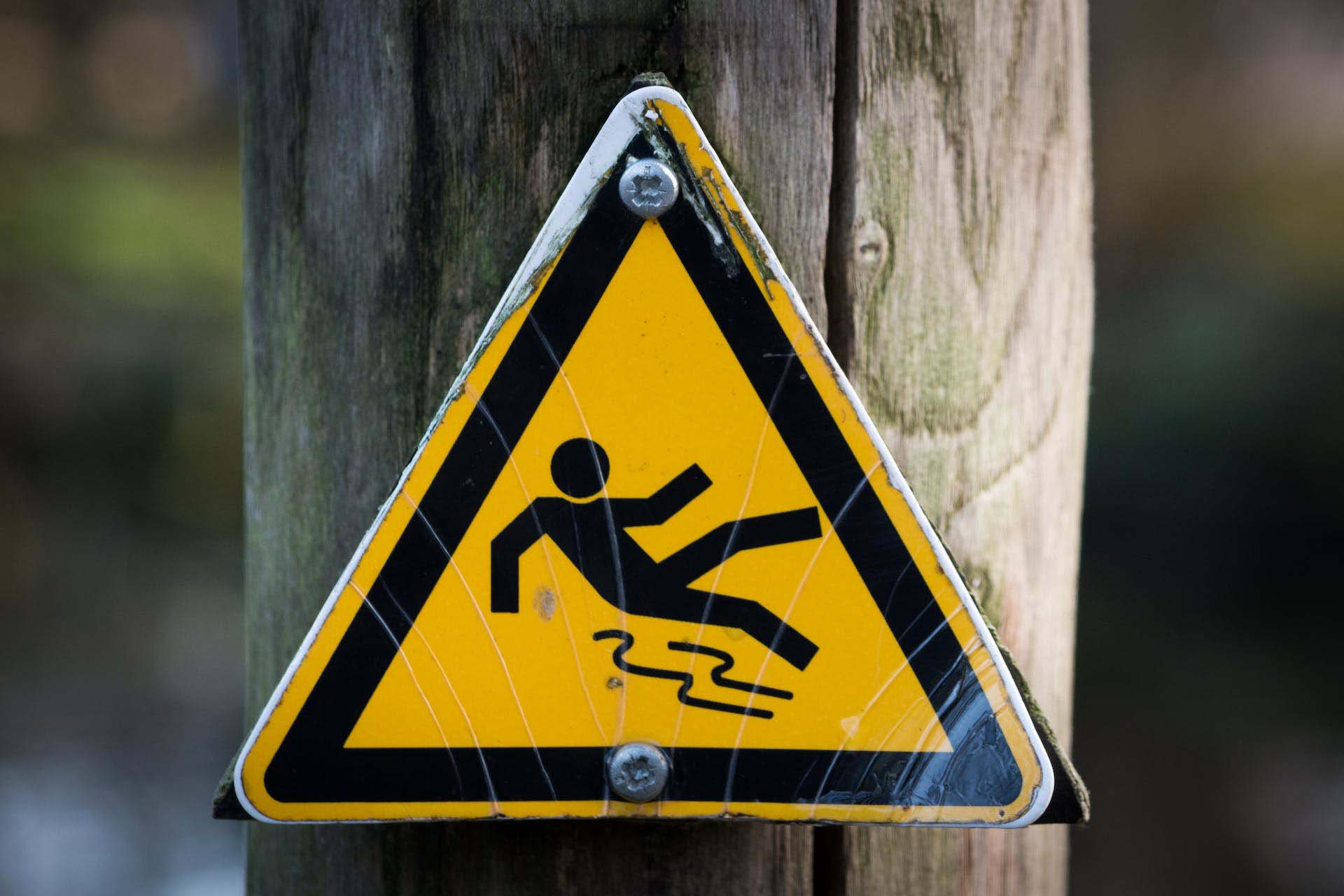An informal fallacy constituted by arguing that a series of increasingly unpalatable event swill follow from an initial course of action, resulting in a circumstance no one would want.This result is then used as a reason not to take the first “step.” The error occurs when at lea stone of the events in the series is unlikely to occur. A version of the slippery slope fallacy occurs when arguing by degrees, rather than events, as when one argues that increasing the speed limit from 55 mph to 65 mph will result in a legal speed limit of 100 mph.
Trending Post
Books
-
 Discipline Is Destiny: The Power of Self-Control (The Stoic Virtues Series)
$15.99
Discipline Is Destiny: The Power of Self-Control (The Stoic Virtues Series)
$15.99
-
 Stillness Is the Key
$7.99
Stillness Is the Key
$7.99
-
 Right Thing, Right Now: Justice in an Unjust World (The Stoic Virtues Series)
$28.00
Right Thing, Right Now: Justice in an Unjust World (The Stoic Virtues Series)
$28.00
-
 How to Think Like a Roman Emperor: The Stoic Philosophy of Marcus Aurelius
$13.12
How to Think Like a Roman Emperor: The Stoic Philosophy of Marcus Aurelius
$13.12
-
 Letters from a Stoic: Penguin Classics
$14.52
Letters from a Stoic: Penguin Classics
$14.52
biographies
-
 Zeno of Elea December 3, 2023
Zeno of Elea December 3, 2023 -
 Zeno of Citium December 3, 2023
Zeno of Citium December 3, 2023 -
 Xenophanes December 3, 2023
Xenophanes December 3, 2023 -
 Wittgenstein, Ludwig December 3, 2023
Wittgenstein, Ludwig December 3, 2023 -
 Voltaire (François-Marie Arouet) December 3, 2023
Voltaire (François-Marie Arouet) December 3, 2023 -
 Venn, John December 3, 2023
Venn, John December 3, 2023 -
 Turing, Alan Mathison December 3, 2023
Turing, Alan Mathison December 3, 2023 -
 Thoreau, Henry David December 3, 2023
Thoreau, Henry David December 3, 2023 -
 Thales of Miletus December 3, 2023
Thales of Miletus December 3, 2023 -
 Spinoza, Baruch December 3, 2023
Spinoza, Baruch December 3, 2023 -
 Socrates December 3, 2023
Socrates December 3, 2023 -
 Smith, Adam December 3, 2023
Smith, Adam December 3, 2023 -
 Seneca December 3, 2023
Seneca December 3, 2023 -
 Schopenhauer, Arthur December 3, 2023
Schopenhauer, Arthur December 3, 2023 -
 Schleiermacher, Friedrich December 3, 2023
Schleiermacher, Friedrich December 3, 2023
Recent Posts
The Atomos Blog
- Atomos
- AESTHETICS
- ENVIRONMENTAL PHILOSOPHY
- EPISTEMOLOGY
- ETHICS
- EXISTENTIALISM AND PHENOMENOLOGY
- FEMINIST PHILOSOPHY
- GLOBAL AND COMPARATIVE PHILOSOPHY
- HISTORICAL PERIODS OF PHILOSOPHY
- LOGIC
- METAPHYSICS
- PHILOSOPHY OF EDUCATION
- PHILOSOPHY OF HISTORY
- PHILOSOPHY OF LANGUAGE
- PHILOSOPHY OF LAW
- PHILOSOPHY OF MIND
- PHILOSOPHY OF SCIENCE
- PHILOSOPHY OF TECHNOLOGY
- POLITICAL AND SOCIAL PHILOSOPHY
Related Posts
 Writing Philosophy
GOOD PHILOSOPHICAL WRITING
Writing Philosophy
GOOD PHILOSOPHICAL WRITING
GOOD PHILOSOPHICAL WRITING
Philosophy StudentNovember 23, 2023















